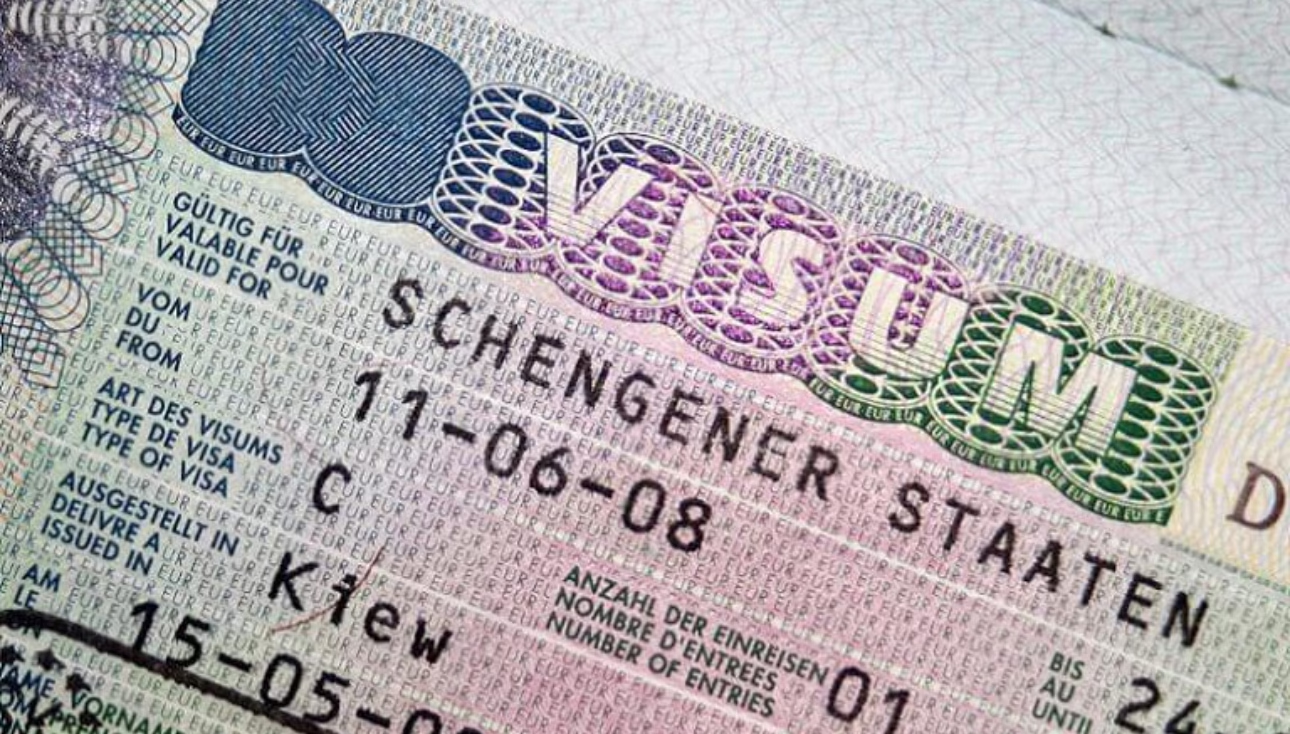Germany to Overhaul Visa Issuance Regime Amid Migration Policy Reforms

The German government is set to implement sweeping changes to its visa issuance regime, marking a significant shift in the country’s migration and labor mobility policies. According to official sources within the Federal Ministry of the Interior, the reforms are expected to streamline the visa application process, prioritize skilled labor, and tighten border controls in response to evolving economic and security concerns.
The new visa policy framework, scheduled to take effect later this year, aims to attract highly skilled professionals in key sectors such as engineering, healthcare, IT, and green energy. As part of the initiative, Germany will introduce a “Points-Based Immigration System” similar to models already in place in countries like Canada and Australia. This system will evaluate applicants based on education, work experience, language proficiency, and age.
Interior Minister Nancy Faeser stated in a press briefing:
“We are committed to making Germany more attractive to global talent while ensuring that our immigration systems are secure, fair, and responsive to the needs of the economy.”
In addition to attracting skilled workers, the reforms will include enhanced background checks, digitization of visa procedures, and the deployment of more staff to embassies and consulates to reduce processing backlogs.
Critics, however, argue that the new regime could make it harder for low-skilled workers and family reunification applicants to gain entry. Human rights groups have called for balanced policies that do not exclude vulnerable migrants or asylum seekers.
German employers, especially those in the aging industrial and care sectors, have welcomed the reform as a timely intervention to address labor shortages.
As Europe continues to grapple with demographic challenges, climate migration, and geopolitical unrest, Germany’s visa overhaul is seen as a strategic move to secure its economic future and maintain its status as one of the most migrant-friendly nations in the EU—albeit with a new set of rules.

